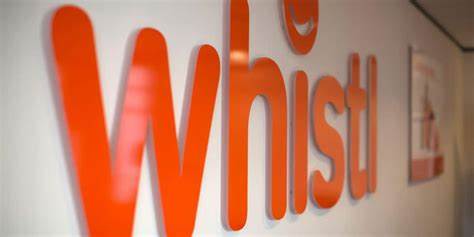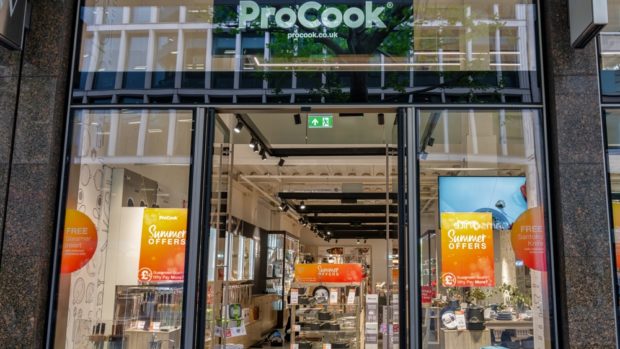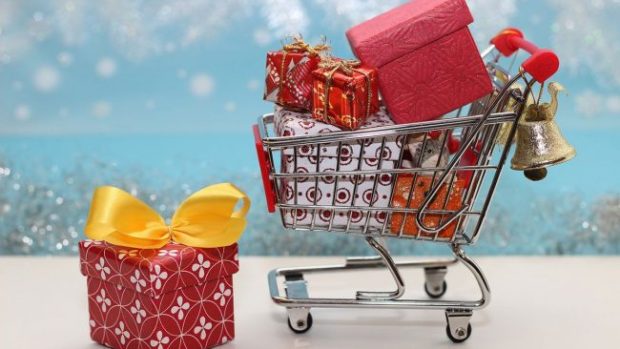In November 2008, Chancellor Alistair Darling announced a
temporary reduction of the VAT rate, from 17.5 percent to 15
percent, until 1st January 2010. At the time the media and
retailers argued that the rise would do little to tempt consumers
to spend more and that updating prices at the busiest trading
time of the year would mean more work than reward. For some
retailers, particularly those with a bricks-and-mortar presence,
a systems change at Christmas couldn’t be more ill-timed.
Despite their complaints, retailers launched some innovative
promotions to drum up business and awareness of the discounted
rate (see “VAT reduction triggers flurry of promotional
activity”, December 2008 issue). A similar wave of
creativity hasn’t heralded the return to the 17.5 percent rate,
however.
Low-key leads the way
Plenty of emails in early January referenced the VAT rise, but
few made a fuss of the change. That’s not entirely surprising,
given that the increase is hardly good news for consumers.
The merchants that made the most of the increase were those that
decided to delay raising the prices. For instance, a full 10 days
after the VAT hike went into effect, eco-friendly goods marketer
EthicalSuperstore.com was still displaying a link on its emails
to a web page with details on the VAT-freeze offer.
In an email sent on 8th January, womenswear retailer Dorothy
Perkins included a PS in its email to reassure concerned
customers that its prices wouldn’t go up. Department store chain
John Lewis did something similar, letting customers know on 11th
January that as it was committed to “offering the best
value on the high street”, it would “delay”
adding the extra 2.5 percent VAT to most of its products.
Apparel cataloguer Boden used the VAT rise as a hook to promote
its January sale, declaring, “The VAT’s gone up but our
prices have come down”. One of the more creative promotions
came courtesy of White Stuff, which not only held prices but also
pledged to donate 2.5 percent of January’s revenue to
charity.
VAT promotions weren’t limited to emails. The front cover of
catalogues from fishing gear mailer Fishtec, seed and plant
merchant Unwins, apparel cataloguer Lands’ End, and general
merchandiser Argos were among those promising they would absorb
costs and hold, or even lower, prices.








Share